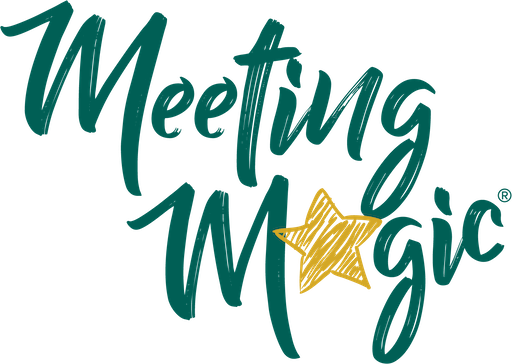Why groups are so important
In our lives, we are constantly surrounded by groups – from our families to our workplaces. Yet, it’s curious how learning to navigate group dynamics isn’t a core part of mainstream education. Our earliest experiences in groups, often within our families, shape our patterns of interaction. Unless we consciously work on ourselves, we inadvertently carry them into other group settings throughout our lives.
Groups are the fundamental units of work and change in our organisations and society. However, many organisations operate within highly individualistic cultures. Achieving balance and harnessing the full potential of group dynamics requires intentional attention to collectivism.
Groups hold the key to working with complexity. In diverse groups, a multitude of perspectives can be explored, offering a richness of insights that simplistic approaches fail to provide. By embracing complexity, groups can develop sustainable solutions for complex challenges.
Groups are where we experience inclusion and belonging, or the lack thereof. To foster inclusivity in our organisations and communities, we must start with healthy dynamics within groups. Merely dictating policies or behavioural expectations won’t address deeply ingrained systemic patterns of behaviour.
Being more together
Personally, I have a deep love for groups because, at my core I believe that we are more together. But we are only more together when we allow and work with our humanity in groups, rather than avoiding it as happens in many workplaces. When we connect authentically as humans, magic happens, and that magic is love.
Groups can work in different ways and these different ways require different mindsets and skillsets from the convener.
- Information exchange, where individuals operate independently, and wisdom comes from experts.
- Collective working, where the group begins to collaborate and produce shared knowledge and solutions.
- Collective learning and adaptation, where true power emerges as members connect authentically to each other and a common cause. When people are connected and free groups can navigate complexity and sustainably adapt to their environment.
- Healing, where people learn and heal from the power of being seen and belonging in their differences.
Just like personal development, group development requires time, effort, and skilled support from a convener with the right skills for the type of group work needed. Without a skilled convener a group is unlikely to reach its potential as group interactions navigated by trial and error take a very long time to deliver results. That being said, as a person who has spent her life working with and studying group dynamics, there is always an element of unpredictability. That’s what makes working with groups so exciting – the continual learning and discovery, never quite knowing what each interaction will bring.
